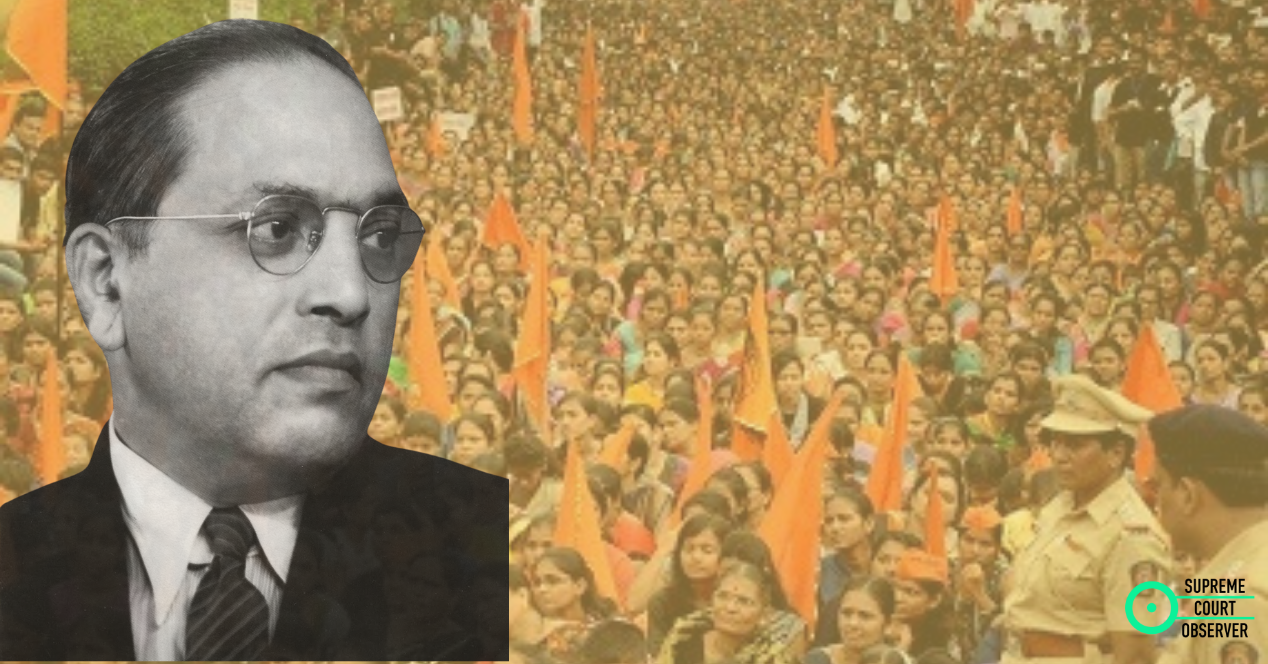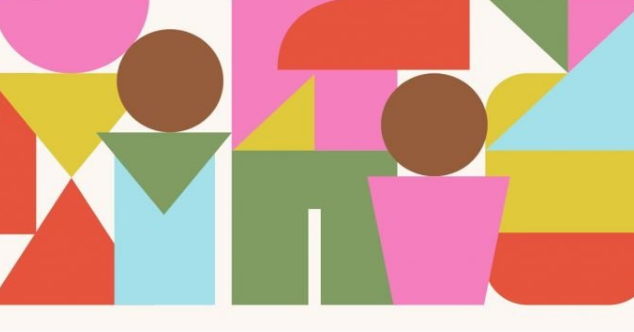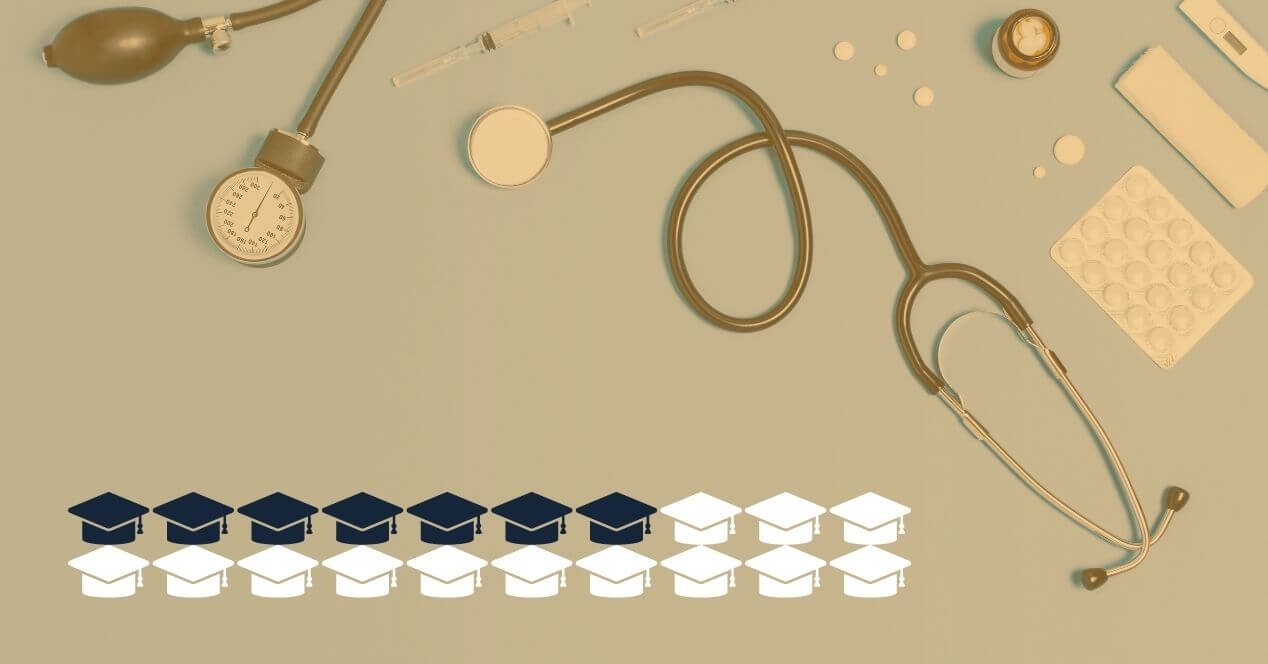Analysis
Looking Ahead 2022: SC on Reservations
Data requirement to make reservation policies will continue to be an important issue at the Supreme Court in 2022.
Emphasizing that State governments cannot create reservation policies without adequate data, the Supreme Court all but halted OBC and EWS reservations in public employment, education and elections in 2021. State governments’ confusion over how to generate and use adequate data persisted until the final week of hearings in 2021.
The Court will continue to grapple with data and reservation in 2022 as well. In this post, we discuss four important reservation cases that the Court is likely to hear next year.
1. Vanniyar Reservations in Tamil Nadu
Pattali Makkal Katchi v Mayileruperumal
In February 2022, the Court is likely to hear challenges to the Madras High Court’s judgment striking down the 10.5% reservation granted to Vanniyars within the 20% reservation for Most Backward Classes (MBC) in Tamil Nadu. The High Court struck down the reservation because the policy was not supported by adequate data to prove that the Vanniyars were backward enough to need sub-classification within the MBC category.
The High Court’s judgment has been challenged by the Pattali Makkal Katchi (PMK), a Vanniyar political party. The PMK argues that the policy has an empirical basis, and hence is not arbitrary. The Supreme Court’s decision in this case will influence many Vanniyar candidates who have already availed of the reservation benefits.
2. OBC Reservation in Municipal Elections
State of Maharashtra v Union of India
In December 2021, Justice Khanwilkar disallowed OBC reservations in municipal elections in various states due to lack of data. The Union government’s petition seeking a review of this decision will likely be heard in January 2022. Khanwilkar J ordered reserved seats in Maharashtra and Madhya Pradesh to be re-allocated to the General Category on the last day of hearings in 2021.
As a consequence of this reallocation, OBCs will remain without reservation for five years. The Union Government’s petition stresses that these orders will have pan-India ramifications, as other State governments will also not be able to generate the required data before their next election cycle.
3. EWS Reservations in Postgraduate Medical Entrance Examinations
Neil Aurelio Nunes v Union of India
Justice Chandrachud’s Bench spent considerable time in 2021 dealing with how the Union government should determine the income limit for Economically Weaker Sections (EWS) in post-graduate medical examinations. Here too, the Union Government’s Rs. 8 lakhs income limit was questioned due to lack of empirical data to justify it. The Union Government sought time to devise a different criteria to arrive at the income limit in November 2021. The Union is expected to return to the Court with new criteria in January 2021.
4. Reservation in Promotions for SC/STs
(Jarnail Singh v Lacchmi Narain Singh)
Early in 2022, a three-judge Bench led by Rao J will deliver a judgment clarifying two important questions—How must State governments demonstrate that a community is underrepresented in the class of posts sought to be reserved through data? How can State governments show that administrative efficiency will not be hampered by the reservations?
The Court spent 2021 establishing the importance of data as the basis for reservation policies. 2022 will be crucial to determine how to use data to grant reservations.




